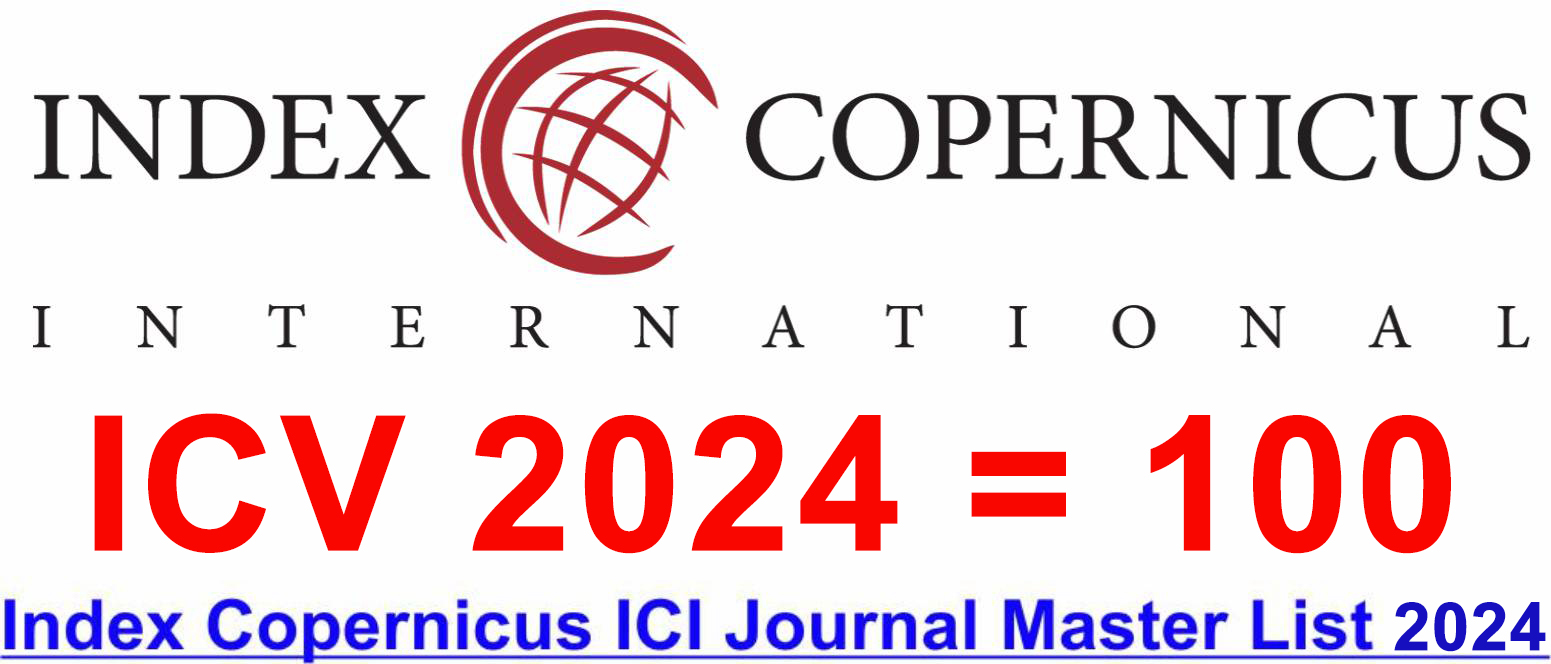LBP Feature Based Pest Identification in Rice Crop
DOI:
https://doi.org/10.46977/apjmt.2020.v01i01.006Keywords:
LBP; ROI; CIELAB; Pest Identification.Abstract
Food is the basic necessity of every living being, unfortunately, vegetables and fruits became harmful because of the overuse of pesticides. Toxins are unsuccessfully spread in farms for increasing the harvest amounts and quantities, needless to say, that causes serious health problems. Therefore, more reliable information regarding pests should be provided to farmers in a user-friendly way. In this work, a novel method for automatic pest identification using local binary pattern (LBP) feature is proposed, implemented, then tested using real-life images. Firstly, the image is resized and the a* plane of the L*a*b* color space is used to extract the region of interest (ROI). Secondly, the histogram of the LBP of the ROI is calculated. Finally, a correlation matching is performed to measure the similarity between input ROI and predefined trained templates of different pests. The model output includes the pest name and symptoms. Experiments conducted on the variety of pests of rice plant infected leaves showed a 92.4% true identification rate which makes this method reliable comparing with the reported results from other works. The detection time also is 10 ms/ frame which fulfills one of the real-time application requirements.
Downloads
References
Bhadane, G., Sharma, S., &Nerkar, V. B. (2013). Early pest identification in agricultural crops using image processing techniques. International Journal of Electrical, Electronics and Computer Engineering, 2(2), 77-82.
Chouhan, S. S., Kaul, A., Singh, U. P., & Jain, S. (2018). Bacterial foraging optimization based radial basis function neural network (BRBFNN) for identification and classification of plant leaf diseases: An automatic approach towards plant pathology. IEEE Access, 6, 8852-8863.
Ebrahimi, M. A., Khoshtaghaza, M. H., Minaei, S., &Jamshidi, B. (2017). Vision-based pest detection based on SVM classification method. Computers and Electronics in Agriculture, 137, 52-58.
Huddar, S. R., Gowri, S., Keerthana, K., Vasanthi, S., &Rupanagudi, S. R. (2012, July). Novel algorithm for segmentation and automatic identification of pests on plants using image processing. In 2012 Third International Conference on Computing, Communication and Networking Technologies (ICCCNT'12) (pp. 1-5). IEEE.
Kale, A. P., &Sonavane, S. P. (2019). IoT based Smart Farming: Feature subset selection for optimized high-dimensional data using improved GA based approach for ELM. Computers and Electronics in Agriculture, 161, 225-232.
Macedo-Cruz, A., Pajares, G., Santos, M., & Villegas-Romero, I. (2011). Digital image sensor-based assessment of the status of oat (Avena sativa L.) crops after frost damage. Sensors, 11(6), 6015-6036.
Mengistu, A. D., Mengistu, S. G., &Alemayehu, D. M. (2016). Image analysis for Ethiopian coffee plant diseases identification. International Journal of Biometrics and Bioinformatics (IJBB), 10(1), 1.
Park, Y. S., Chung, Y. J., & Moon, Y. S. (2013). Hazard ratings of pine forests to a pine wilt disease at two spatial scales (individual trees and stands) using self-organizing map and random forest. Ecological informatics, 13, 40-46.
Phadikar, S., & Sil, J. (2008). Rice disease identification using pattern recognition techniques. In 2008 11th International Conference on Computer and Information Technology, IEEE Xplore, 420-423.
Rani, R. U., &Amsini, P. (2016). Pest identification in leaf images using SVM classifier. International Journal of Computational Intelligence and Informatics, 6(1), 248-260.
Sharma, A., Sharma, N., Sharma, H., & Bansal, J. C. (2020). Exponential Adaptive Strategy in Spider Monkey Optimization Algorithm. In Soft Computing for Problem Solving 2019 (pp. 1-15). Springer, Singapore.
Published
How to Cite
Issue
Section
Copyright (c) 2020 Asia-Pacific Journal of Management and Technology

This work is licensed under a Creative Commons Attribution-NonCommercial 4.0 International License.



















